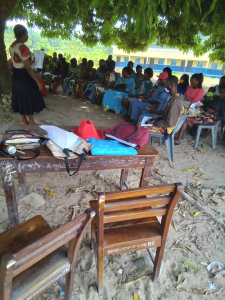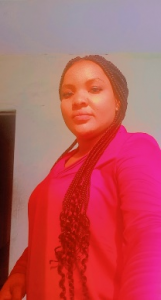By Ezinne Juliet Onyemaobi
Access to healthcare is a fundamental human right, yet many women living in rural riverine areas face significant barriers in receiving necessary medical services. This disparity affects their physical health, overall well-being, and quality of life.
In these remote regions, women often encounter numerous obstacles, including geographical challenges, limited healthcare facilities, and a shortage of healthcare professionals. The isolation of riverine communities can make it difficult for women to reach healthcare providers, especially during adverse weather conditions when waterways may become treacherous or impassable.

Moreover, healthcare facilities that do exist in these areas are frequently under-resourced and understaffed, which limits the availability of essential services. Many women are forced to travel long distances, which can be both time-consuming and costly. This situation not only delays their access to necessary medical care but also discourages them from seeking help altogether, leading to preventable health issues.
Cultural norms and gender roles further complicate the situation. In many riverine communities, women may face societal pressure to prioritize family responsibilities over their health needs. The lack of educational opportunities about health and wellness can leave women unaware of their rights or the services available to them.
To address these inequalities, policymakers and healthcare organizations must prioritize the development of accessible healthcare models tailored to the needs of rural women. This could include mobile clinics, telemedicine options, and community health worker training programs that empower local women to seek and provide care.
Addressing the healthcare disparities faced by women in rural riverine areas is not just a matter of equity; it is essential for the overall health and development of these communities. By ensuring that all women have equal access to healthcare, we can pave the way for healthier families and stronger, more resilient communities. Addressing this inequality is a clear way of achieving the Beijing platform on women and health . This should top the front burner at the UNCSW 2025.

Ezinne Juliet Onyemaobi is a program officer with gender responsive action.